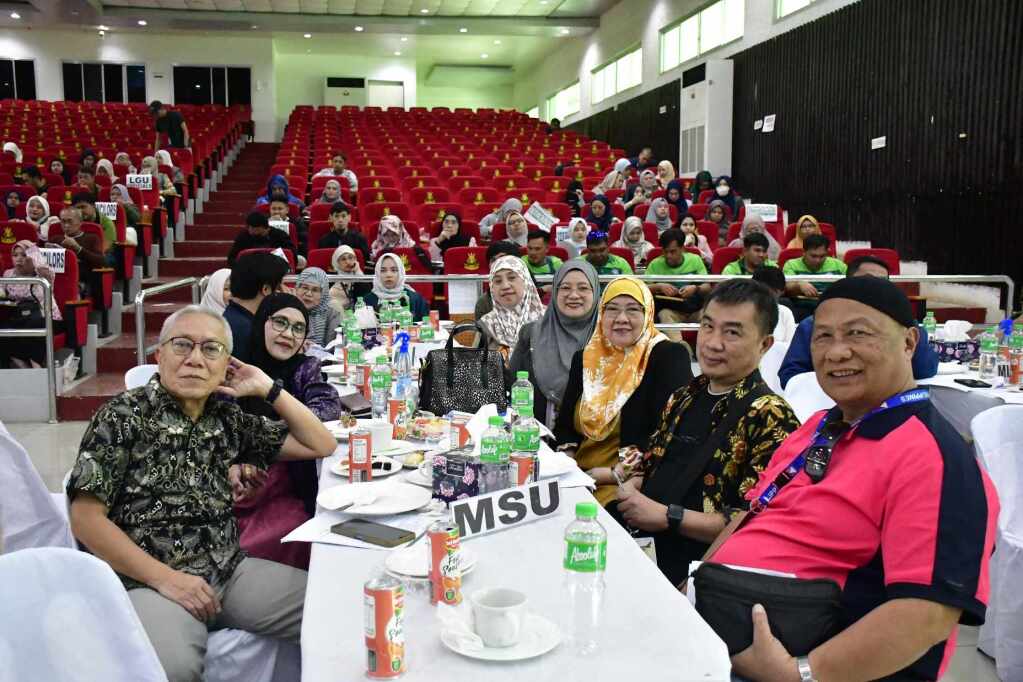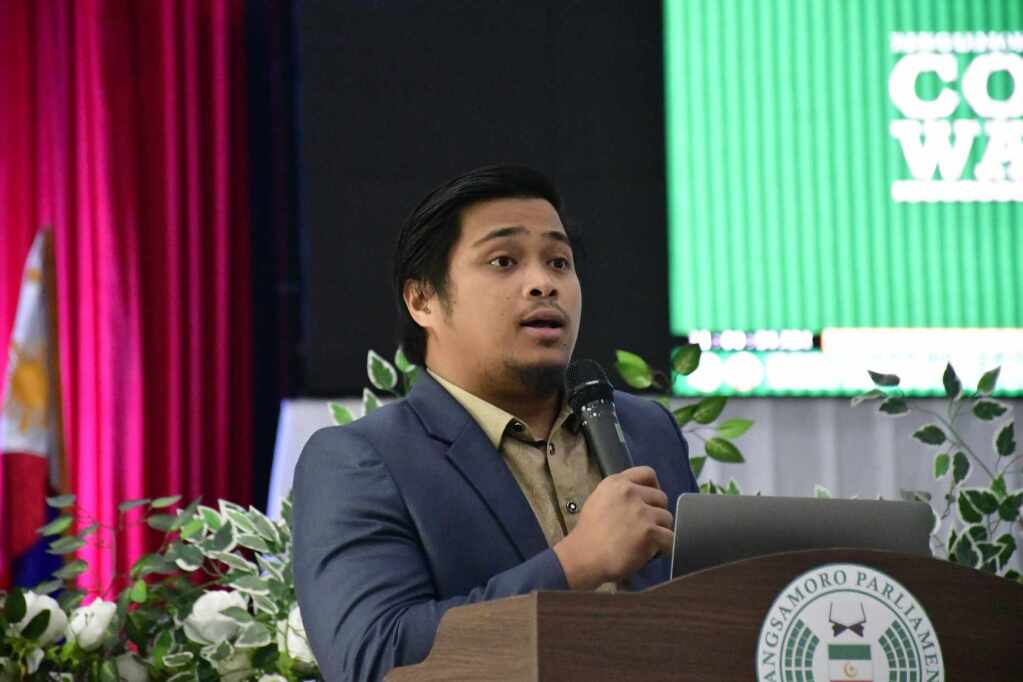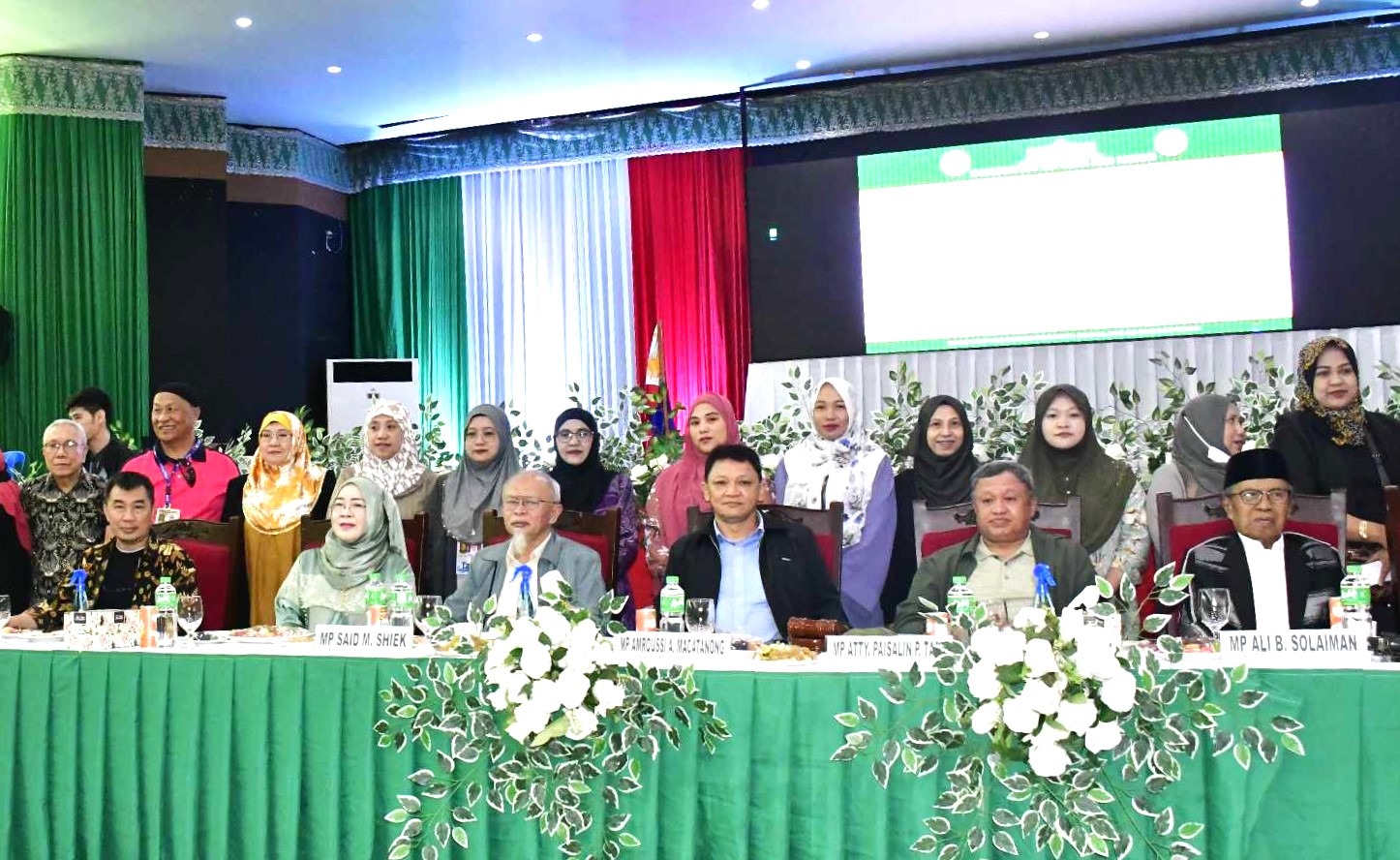By Nasrimah R. Sampaco-Fayez
Mindanao State University – Main Campus served as the venue for the second public consultation on the Bangsamoro Revenue Code, formally known as BTA Bill No. 286. Organized by the Revenues, Audit, and Legislation Division of the Bangsamoro Parliament’s Committee on Ways and Means, chaired by Deputy Speaker Atty. Paisalin P. Tago, the event took place on August 13, 2024 (Tuesday), at the International Convention Center.
The consultation brought together a diverse group of stakeholders, including government officials, MSU representatives, local government leaders, civil society organizations, and community members from Lanao del Sur. Members of Parliament Said M. Shiek, Aleem Ali B. Solaiman, and Amroussi A. Macatanong were also in attendance.
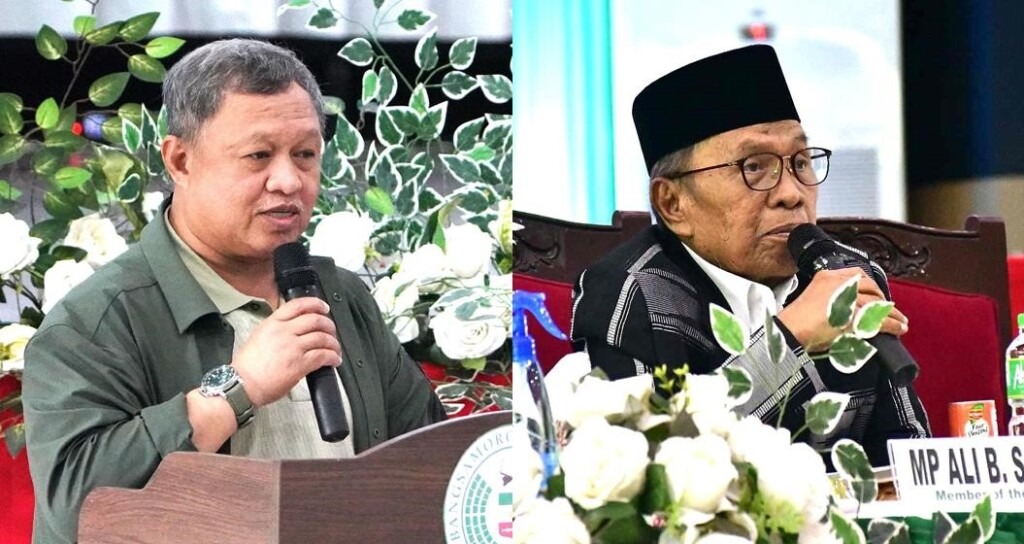
Deputy Speaker Tago emphasized the crucial role of the Bangsamoro Revenue Code in sustaining the Bangsamoro Autonomous Region in Muslim Mindanao (BARMM). He highlighted the bill’s potential to generate new revenue sources and stressed the importance of public input in shaping legislation that is comprehensive, equitable, and aligned with the Local Government Code.
BARMM Deputy Chief Minister, MP Ali B. Solaiman, underscored the significance of taxation in funding essential government services like healthcare and education. He also stressed the need to optimize the region’s resources, including Lake Lanao, for development.
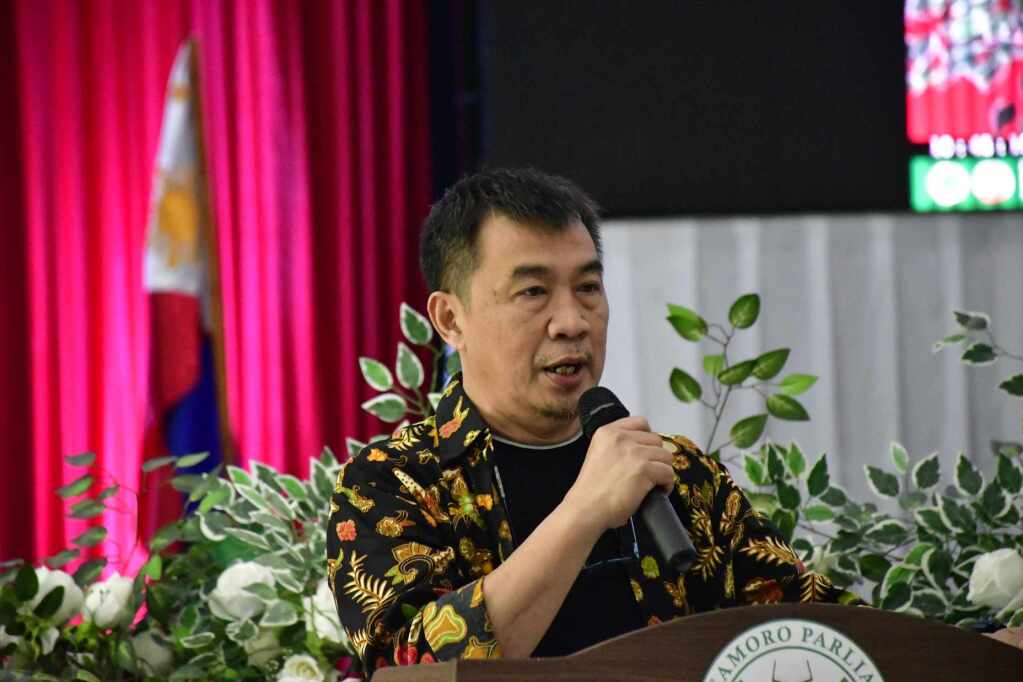
Recognizing the block grant as a vital component of BARMM’s public finance, MSU-Main Campus Vice Chancellor for Administration and Finance, Atty. Saaduddin M. Alauya Jr., asserted the importance of exploring diverse revenue sources, including Zakat and Sadaqah. He drew parallels to successful practices in other Muslim countries and advocated for Islamic banking and finance as viable options for development funding.
Atty. Jamela Jahaira M. Abdulhalim from the Provincial Legal Services of Lanao del Sur expressed the provincial government’s support for the Bangsamoro Revenue Code.
As presented by Atty. Abdulrahman Rasad of the Committee on Ways and Means, the proposed bill seeks to grant the BARMM greater financial autonomy from the national government and to enhance public service delivery. This comprehensive legislation includes key provisions on strategies for optimizing the utilization of regional resources and implementing innovative tax collection mechanisms from real property, businesses, and natural resources, as well as fees imposed on the use of transportation, communication, and regional facilities.
The public consultation provided a platform for stakeholders to offer their input on the bill. Baealabi Shora Sabdullah, Broadcast Station Manager of Radyo Pilipinas Marawi, proposed excluding non-halal products from taxation, while Al-Hussein Macaraya, Acting Assistant Provincial Administrator for Lanao del Sur, advocated for enhanced taxpayer compliance to increase revenue. Salih Manggis Sharief, Secretary-General of Hayatu Ulama Muslim Scholars in the Philippines, suggested broadening the code’s Islamic financial definitions to better understand the terms. Aleem Saad Amate, Grand Imam and National President of the United Imams of the Philippines Foundations, Inc., proposed integrating Zakat into the code as a poverty alleviation strategy. Dr. Minalang M. Barapantao, Sr. of Marawi City Water District also recommended modifications to selected provisions of the code.
The valuable insights and suggestions gathered during the public consultation will be meticulously considered and incorporated into the legislative process. This transparent and accountable approach ensures that the Bangsamoro Revenue Code effectively addresses the region’s unique needs and aspirations, ultimately improving the lives of the Bangsamoro people. MSU reaffirms its commitment to supporting the BARMM’s development agenda and fostering a prosperous future for its constituents.
